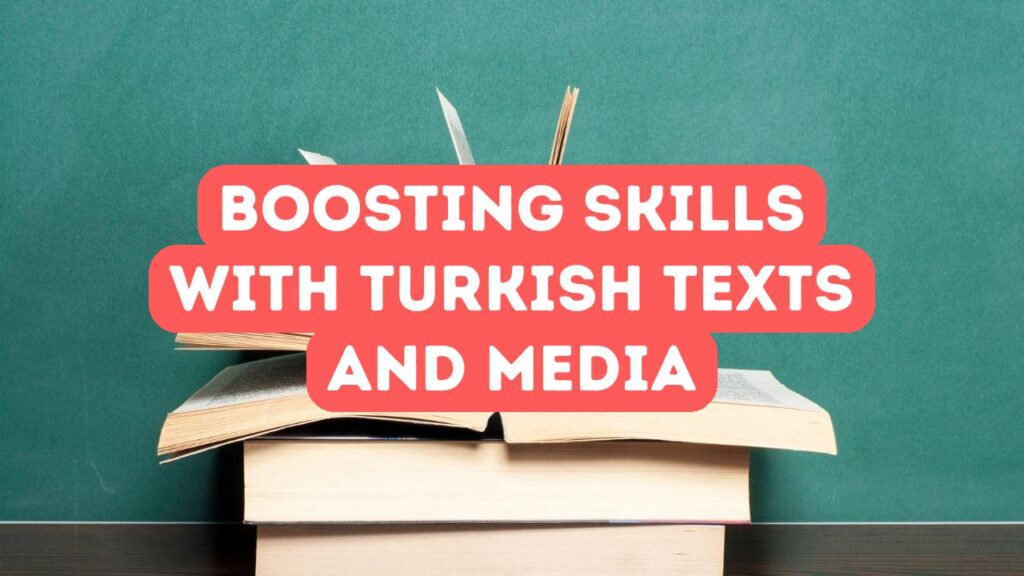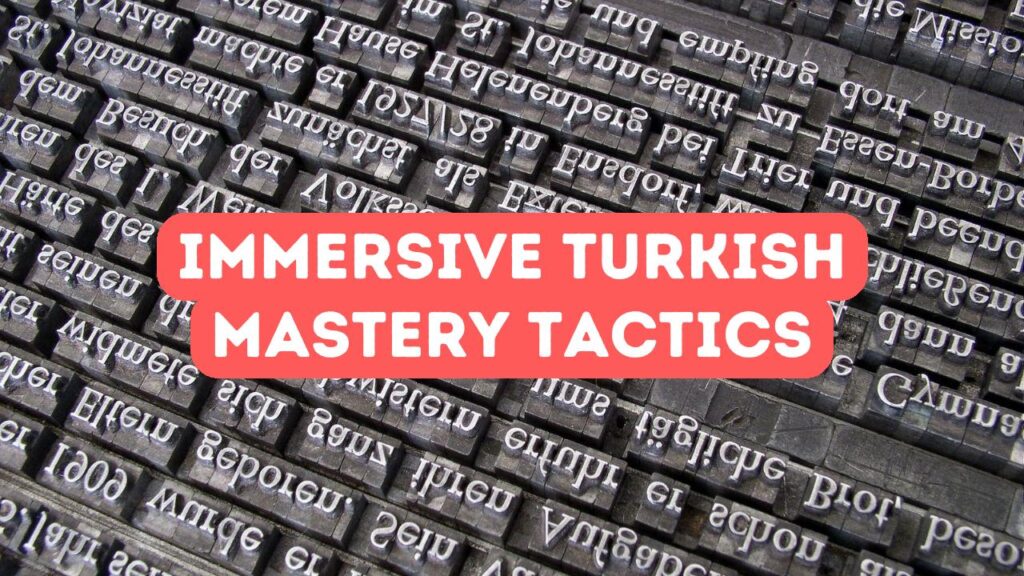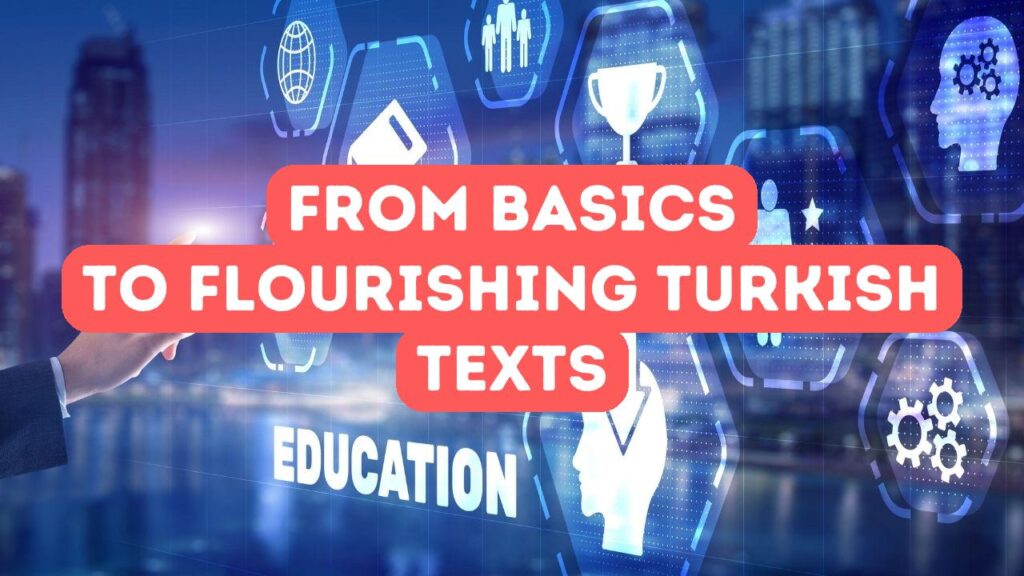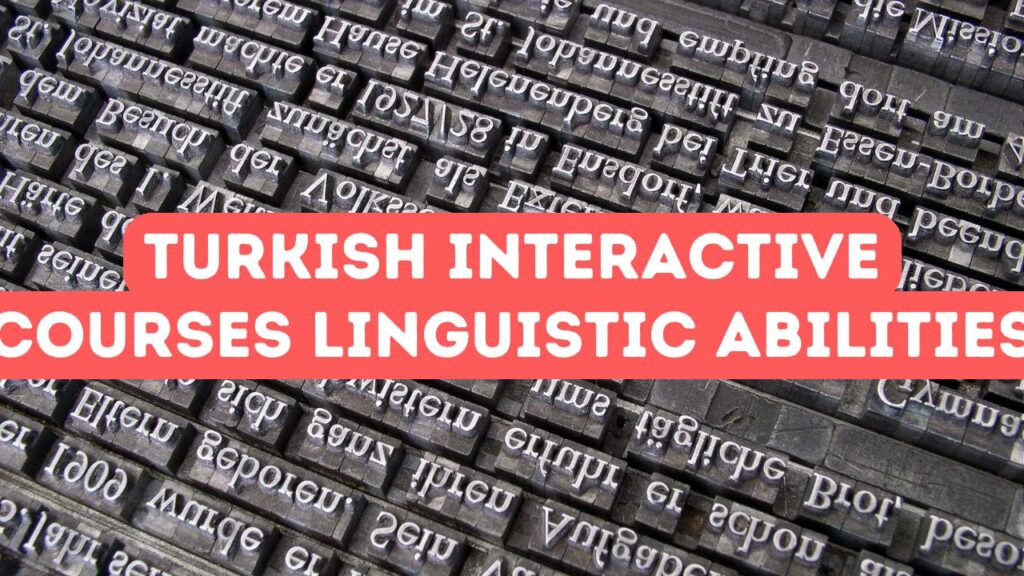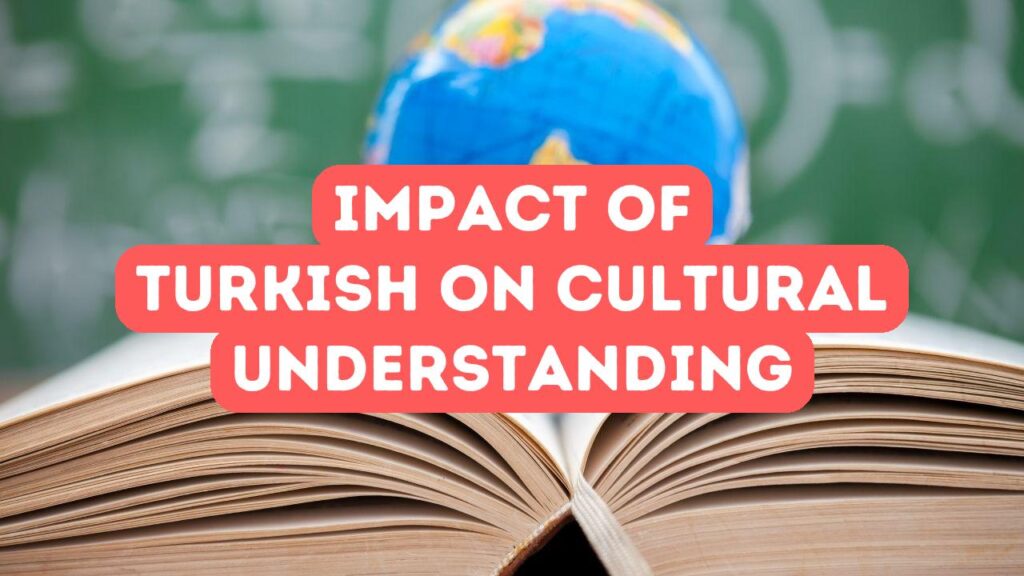Mastering Conversational Turkish: A Guide to Speaking with Confidence
Mastering conversational Turkish requires a focus on practical vocabulary and phrases that are most commonly used in daily life. Rather than delving deeply into complex grammar rules at the outset, language learners should prioritize expressions for greetings, shopping, dining, and asking for directions. These essentials form the building blocks of fluent conversation and provide the confidence to initiate and sustain dialogues with native speakers. By starting with phrases such as Merhaba (Hello), Lütfen (Please), Teşekkür ederim (Thank you), and Bu ne kadar? (How much is this?), learners can immediately start interacting in real-world situations, reinforcing their pronunciation and comprehension through practice and repetition. This natural approach to language acquisition, embedded within the context of everyday conversation, significantly enhances the learner’s ability to not only understand but also to be understood in a variety of common scenarios.
As your proficiency in these foundational phrases solidifies, the next step is to expand your vocabulary with conversational connectors and common idiomatic expressions that add color and authenticity to your speech. Phrases such as Tamam (Okay), Anladım (I understand), and Nasıl gidiyor? (How’s it going?), allow for more dynamic interactions, demonstrating a deeper engagement with the language. Active participation in Turkish social settings, such as local cafes, markets, and social gatherings, serves as an excellent platform for practicing these expressions. It is also crucial to develop a keen ear for Turkish by listening to native speakers, be it through music, films, or podcasts. Such immersive experiences not only aid in grasping the rhythmic flow and pronunciation subtleties but also deepen cultural understanding, making communication more nuanced and effective.
Building upon a solid conversational foundation, mastering Turkish involves practicing your skills in increasingly complex social interactions. Engaging in discussions on a variety of topics, from current events to personal interests, helps you navigate the subtleties of Turkish grammar and vocabulary in action. This level of practice should ideally involve speaking with native speakers who can provide immediate feedback and encourage you to express your thoughts with clarity and nuance. As you grow more confident, don’t shy away from making mistakes—they are invaluable learning opportunities that sharpen your command of the language. Ultimately, consistent practice coupled with a fearless attitude towards conversation paves the way for fluency, allowing you to converse with confidence, charm, and a true sense of cultural connection.
Navigating Social Situations: Essential Phrases and Customs in Turkish
When mingling in Turkish social circles, knowing key phrases can be your passport to warm receptions and deeper connections. Greetings like Merhaba (Hello) and Nasilsiniz? (How are you?) are fundamental, but to truly resonate with the local custom, supplementing with Nasılsınız? İyi misiniz? shows a genuine concern for the person’s well-being and is a great conversation starter. Understanding the subtle art of being both polite and personable is quintessential, as is the use of Lütfen (Please) and Teşekkür ederim (Thank you), which demonstrate good manners. In Turkey, small talk can often lead to invitations for tea or coffee; thus, learning to politely accept or decline – Çay içelim mi? (Shall we drink tea?) Evet, çok sevinirim (Yes, I would be very pleased) or Hayır, teşekkür ederim (No, thank you) – not only aids in daily interaction but also shows respect towards Turkish hospitality traditions.
Bridging the gap between language and culture, familiarity with Turkish idioms and expressions can enrich social encounters. For instance, saying Elinize sağlık to commend someone’s cooking directly translates to health to your hands, reflecting appreciation in a culturally poignant way. Conversations in Turkey often extend beyond mere pleasantries; delving into topics such as family, food, and football with phrases like Aileniz nasıl? (How is your family?), Yemeğin lezzetli görünüyor (The food looks delicious), and Hangi takımı tutuyorsunuz? (Which team do you support?) can solidify bonds through shared interests. Moreover, understanding gestures like the nod for “no” – a slight upward toss of the head – alongside verbal communication, irons out the subtleties of Turkish interaction, making every encounter not just an act of speaking, but an inclusive dance of cultural expression and mutual respect.
In the realm of socializing, extending and accepting invitations is another practical application of the Turkish language that can lead to enriching experiences. Familiarize yourself with phrases like Davetiniz için teşekkür ederim (Thank you for your invitation) and Peki, ne zaman buluşalım? (Okay, when shall we meet?), which are useful when arranging get-togethers. Social commitments in Turkey often involve warmth and a strong sense of communal bond, so understanding the importance of RSVPs – Cevap vermek (to respond) – is crucial. To gracefully exit social settings, expressions such as Hoşça kalın (Stay well [to the group]) or Görüşmek üzere (See you later) leave the impression of a gracious guest. By mastering these interactive essentials, learners can adeptly embrace the Turkish tradition of heartfelt hospitality and cultivate lasting connections.
From Tourist to Local: Immersive Strategies for Turkish Language Proficiency
Engaging with the Turkish language as a traveler offers a unique and immersive opportunity to shift from being a mere spectator to an active participant in the local culture. Start by learning essential phrases and greetings to navigate daily interactions, such as ordering food, asking for directions, or shopping at bazaars. The key is to practice these phrases with native speakers, who often appreciate the effort and are usually supportive of learners. By consistently using Turkish in these simple yet common scenarios, you’ll not only refine your accent and vocabulary but also gain insights into the subtle intricacies of Turkish etiquette and hospitality. Engaging with street vendors, taxi drivers, and fellow patrons in cafes are invaluable practices that will rapidly enhance your conversational skills and elevate your status from that of a tourist to a welcomed local participant.
Bridging the gap from basic communication to language proficiency involves delving deeper into the rhythms of Turkish life. Attending local events, participating in cultural festivals, and joining conversations at community gatherings are excellent ways to absorb the language in its most vibrant forms. As you familiarize yourself with colloquial expressions and slang, your understanding of the Turkish ethos expands, making it easier to connect with people on a personal level. Regular exposure to Turkish media such as films, music, and television programs can also offer insights into the contemporary use of language, while providing contextual clues that are essential for grasping more complex linguistic structures. With each cultural encounter, your command of Turkish becomes more intuitive and your ability to express yourself more confidently improves, signaling a significant leap towards true linguistic competence.
Ultimately, the journey to Turkish language proficiency is solidified by forging lasting relationships within the community. Engaging in reciprocal language exchange with a Turkish friend, volunteering in local organizations, or even participating in neighborhood projects can provide a supportive environment for practical language use. These deeper collaborative experiences not only cement your linguistic skills but also bind you emotionally to the language and its people. Such immersion transforms functional knowledge into heartfelt communication, where language serves as a living bridge to the heart of Turkish culture. In this final stage of integration, you no longer speak Turkish; you live it, forming an enduring bond that transcends the realm of mere conversation into that of genuine connection and understanding.



